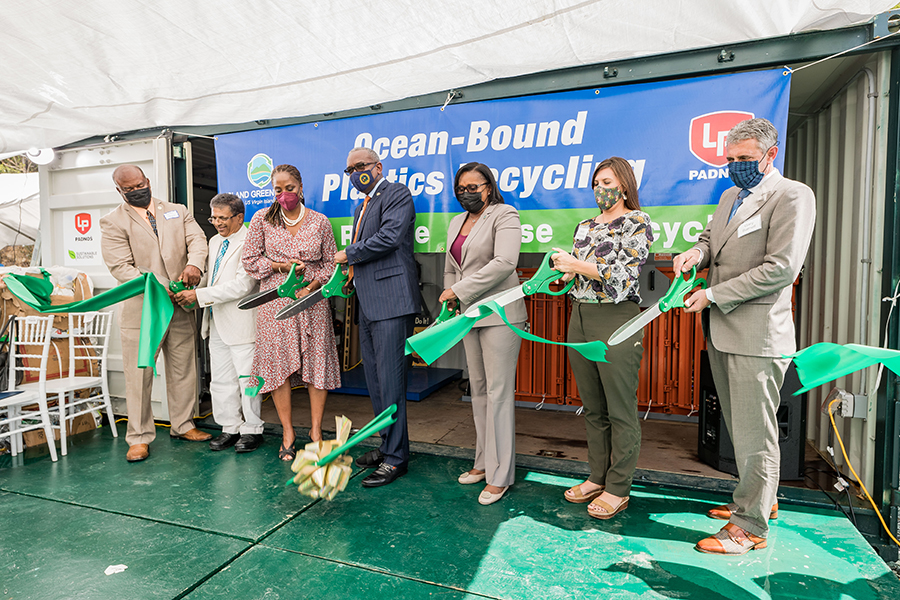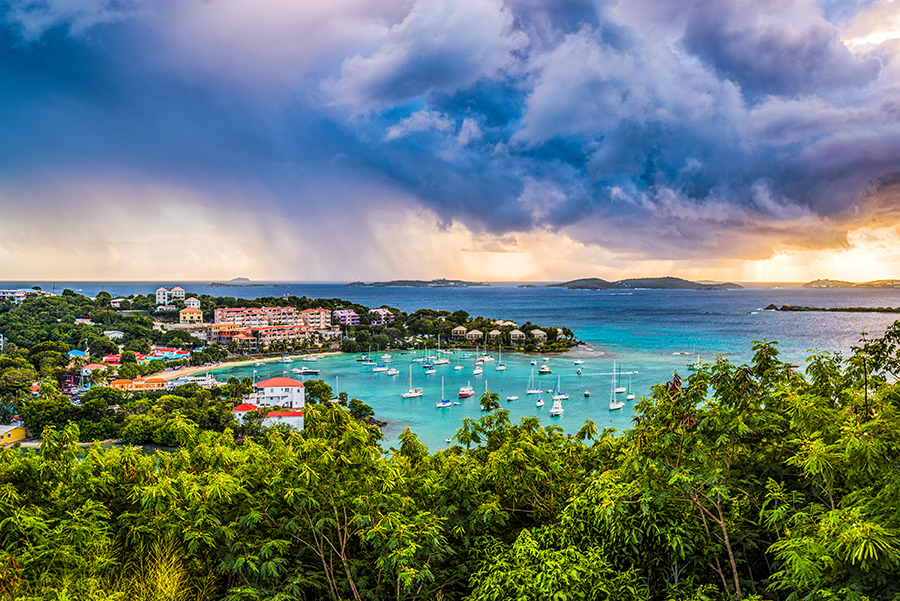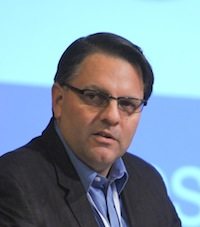Sustainability and combating climate change are among the most critical global issues today. The United Nations Sustainable Development Goals underscore this point. Nowhere is that more evident than in small island nations and territories.
Reliance on outside sources for many goods (including food) and services, challenges with waste management, susceptibility to hurricanes and extreme weather events, and economic dependence on tourism can make these communities especially vulnerable. Island Green Living Association, a nonprofit on St. John in the U.S. Virgin Islands, was created to expand sustainability and combat the fallout from these looming issues. Perusing their tax returns shows nearly zero expense for development/fundraising as a volunteer board manages it.
Sixty-seven percent of St. John is preserved as national parkland. But with more than a million visitors a year, hundreds of times greater than the number of residents, St. John is at risk. The territory’s natural beauty attracts travelers, but these visitors are also a threat, causing increased pollution and a burden on resources. Since St. John is the smallest and least developed of the three U.S. Virgin Islands (which include St. Thomas and St. Croix), it’s the organization’s primary focus to institute meaningful change throughout the territory and ultimately serve as a roadmap for other locales throughout the world.

With its motto of “rethink, reduce, reuse, recycle,” Island Green Living has made significant strides in promoting sustainability. Its success has been collaborating with public and private entities and NGOs, forming solid partnerships, and engaging the community.
“We cannot succeed alone,” explains Harith Wickrema, board president of Island Green Living. “Engagement is critical. We’ve made it a point to connect with the local community, including schools, businesses, those in government, and nonprofits, as well as larger entities outside the territory. A recent example is our collaboration with PADNOS, a Michigan-based recycling company, on our new Ocean-Bound Plastics Recycling Program, which debut in February 2022.”
Island Green Living’s priority is to eliminate the use of disposable plastics whenever possible. The Ocean-Bound Plastics Recycling Program, a first for the island, allows plastic that is already part of the waste stream to be reclaimed and recycled rather than polluting the land and sea. PADNOS provided Island Green Living with a baler retrofitted inside a converted shipping container, so the processing operation is fully self-contained. They also contributed to a new pick-up truck and provided dedicated bins placed at popular trash collection sites throughout the island. In addition, PADNOS has committed to purchasing and transporting recyclable material on deadheaded shipping containers – containers that otherwise would have returned empty.
The collaboration goes beyond PADNOS. Island Green Living was able to secure the commitment of Governor Albert Bryan Jr., Senate President Donna Frett-Gregory, and Congresswoman Stacey E. Plaskett, who serves as the territory’s representative in the U.S. House, to support the measure and attend the ribbon-cutting ceremony. This created excitement and awareness in the community, accentuating their dedication to expanding sustainability.
“There must be a commitment to make recycling a priority. And as leaders, we must find ways to make it a reality,” said Frett-Gregory. “We have the vision; we just need the will.”
“We need to be intentional with our consumption and actively engage in recycling to reduce pollution, protect our beautiful environment, and fight the climate crisis to ensure we sustain the planet for future generations,” Plaskett stated at the event.
“We aren’t just in recovery; we are rebuilding the Virgin Islands,” Governor Bryan emphasized. “We are building for the future.”
Grassroots tactics also included outreach to local schools to encourage single-use plastics collections, signage creation, an essay contest, and more. Island Green Living representatives visited the school to educate the student body on the program. They have also forged awareness campaigns with local businesses and the general public starting with an open house and tour on the day of ribbon-cutting and regular community events. Encouraging residents and tourists to volunteer at the facility to have hands-on engagement has also been very popular.
Island Green Living has initiated similar tactics with its other sustainable programming, turning what many would consider “waste” into a resource while collaborating with outside entities for funding and support. Island Green’s Aluminum Can Recycling Program has collected, crushed, and recycled nearly 1.3 million cans; the Resource Depot thrift shop has kept more than 650,000 pounds of used building materials & household items from the landfill; and the Brush Chipping Program has processed more than 4,000 cubic yards of green and brown debris to date, allowing this rich resource to remain on the island rather than being shipped to the landfill. Island Green arranged free Sustainable Deconstruction workshops late last year, providing instruction on recovering materials for reuse during demolition projects – a potential avenue for green career advancement. They have sponsored aquaponics and hydroponics farming programs at a local school. The board president sits on the governor’s Agricultural Plan Task Force, designed to expand sustainable agriculture in the territory.
In addition to education, the organization has also found it helpful to support sustainable legislation. For example, Island Green Living led the effort for a local law banning the “Toxic 3 Os” of oxybenzone, octinoxate, and octocrylene in sunscreen, which is devastating to coral marine life, and human health. They continue to educate on the use of safe mineral sunscreens, partnering with Hawaii and 60 other entities on filing a Citizen Petition calling on the FDA to recall these toxins nationally. In addition, they were among the architects of the territory’s bans on disposable plastic bags and straws.
“Cooperation and education are key,” added Wickrema. “We are firm believers that once people understand the damage their actions can cause and how they can make a difference, they will be part of the solution. But it’s opening those doors and making those connections that is everything.”




































